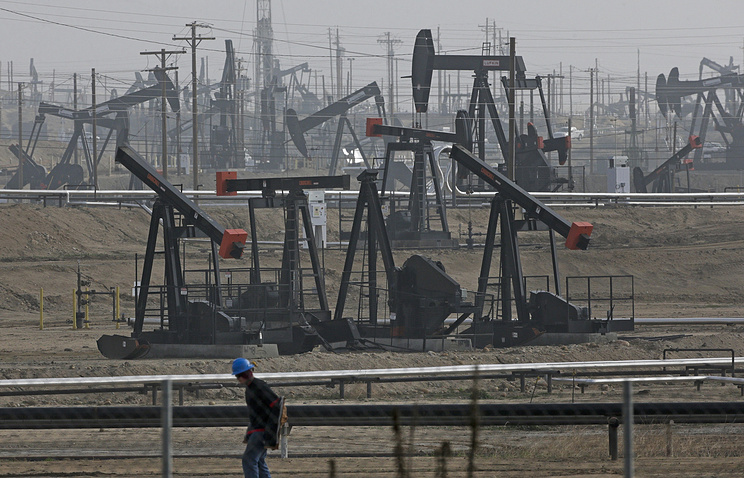Lukoil expects that in 2017 oil prices will be around $60 per barrel, Vice President of Lukoil Leonid Fedun said on Friday.
“If we analyze the history of such operations, within six months – year oil prices will rise by 50%. Over the next year the price of $60 per barrel will be dominant,” he said, commenting on OPEC’s decision to cut production.
According to Fedun, oil price hike of $10 increases Lukoil’s net profit by $2 bln.
As was reported earlier Lukoil increased oil output including international projects by 3.6% in 2015 to 100.7 mln tonnes. Next year the company plans to keep the production volume in Russia at the level of 86-88 mln tonnes.
In January-September period of 2016 Lukoil cut crude production by 7.9% year-on-year to 69.301 mln tonnes.
Oil output reduction
Fedun said that the reduction of Russia’s oil production by 300,000 barrels in 2017 will cause no technical problems.
“Russia has welcomed the idea to freeze and even reduce (oil production) by 300,000 barrels, which technically causes no problems. For example, in the spring Russia traditionally suspended production by 150,000 barrels due to the so-called seasonal repairs. Another 150,000 (of barrels) is in practical terms a small number of projects with a high water-cut level, which decrease the free money flow rather than increase it, so it will cause no technical problems to suspend those projects,” he said.
Russia will start reducing oil output as part of a deal with OPEC from the second quarter of next year, according to Fedun.
“The oil cuts objectively begin from January 1. Most likely, the results will be seen from the second quarter, especially considering that Russia begins to cut something really from the second quarter,” he said.
Russia is really cutting oil output, the Lukoil executive said.
“We had projects for the [output] increase by another 200,000 barrels [per day]. That is, actually half a million barrels won’t reach the market. This is quite a substantial contribution,” Fedun said.
According to Lukoil, oil production in Russia will reach 555 mln tonnes per year in 2017-2018, in 2019 – 554 mln tonnes, in 2020 – 551 mln tonnes.
The forecast indicates that the prospects for development of the Russian oil industry look uncertain due to tax burden growth.
Lukoil expects that by 2030 growing demand for oil and production decline will lead to demand for new projects at 39 mln barrels per day.
“We can talk about doubling of oil consumption in the production sector. In order to increase demand, nearly 40 mln barrels will be required by 2030,” Fedun said.
OPEC’s decision
On Wednesday, OPEC countries agreed to cut oil production to 32.5 mln barrels per day, which means those countries will reduce their daily average output by 1.164 mln barrels starting January 1, 2017.
Now OPEC will have to make a similar deal with non-OPEC members. The cartel expects them to cut crude production by 600,000 barrels per day in 2017, including a reduction of 300,000 barrels per day by Russia.
The meeting that is likely to see this agreement made will be held on December 9.
